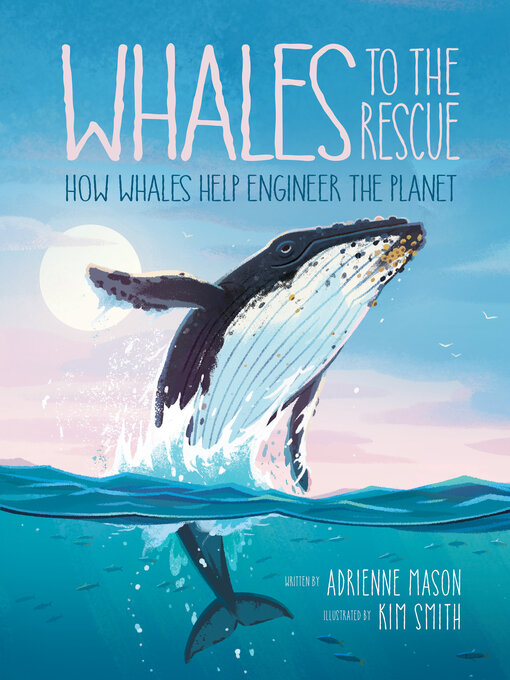It's not just humans combating global warming. Meet one of Earth's "ecosystem engineers"!
In this fascinating and unique book, a marine biologist reveals how whales are "ecosystem engineers" — animals that create, modify or maintain a habitat or ecosystem. Whales do this by reducing the amount of carbon dioxide in the atmosphere. They store loads of carbon in their bodies for decades, even centuries; when they die, they sink to the ocean floor, taking their carbon with them. More carbon in the ocean means less carbon in the atmosphere. And it's all thanks to whales!
Now kids get one more reason to love these amazing creatures! Whales are helping the planet!


